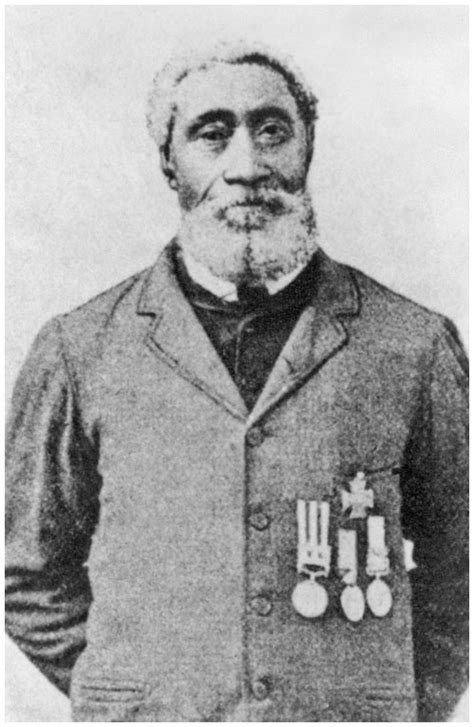A Quote by Carre Otis
While women across the globe have many differences - language, culture, environment - our similarities are undeniable, and the impact of abuse and oppression affects us all.
Related Quotes
We cannot build the new culture for learning to which we aspire in an environment which is depressed and dampened every day by the impact of alcohol and drug abuse, and we should not, and we cannot, hide from that reality any longer. More and more of our students are demanding that they not be imposed upon by others whose judgment and behavior are impaired by substance abuse. It is time to take a stand.
We live in a culture that has institutionalized the oppression of animals on at least two levels: in formal structures such as slaughterhouses, meat markets, zoos, laboratories, and circuses, and through our language. That we refer to meat eating rather than to corpse eating is a central example of how our language transmits the dominant culture's approval of this activity.
We must embrace our differences, even celebrate our diversity. We must glory in the fact that God created each of us as unique human beings. God created us different, but God did not create us for separation. God created us different that we might recognize our need for one another. We must reverence our uniqueness, reverence everything that makes us what we are: our language, our culture, our religious tradition.










































